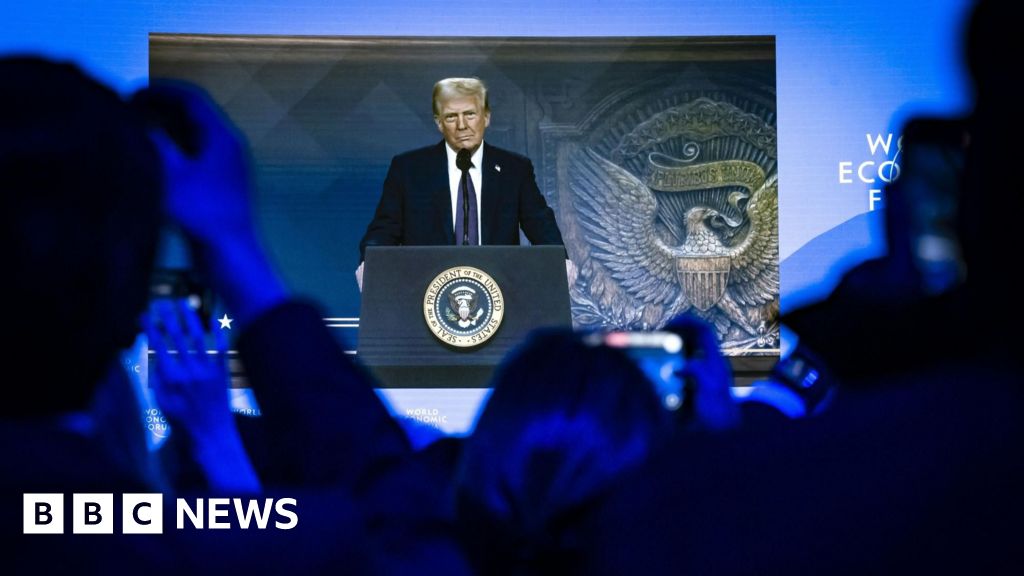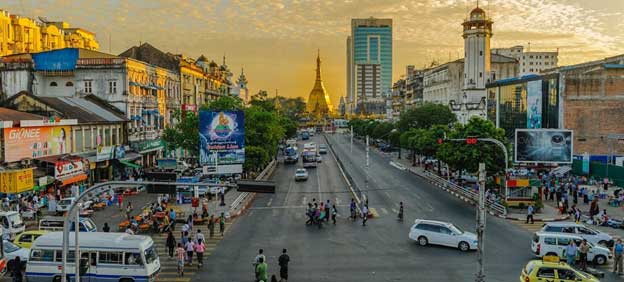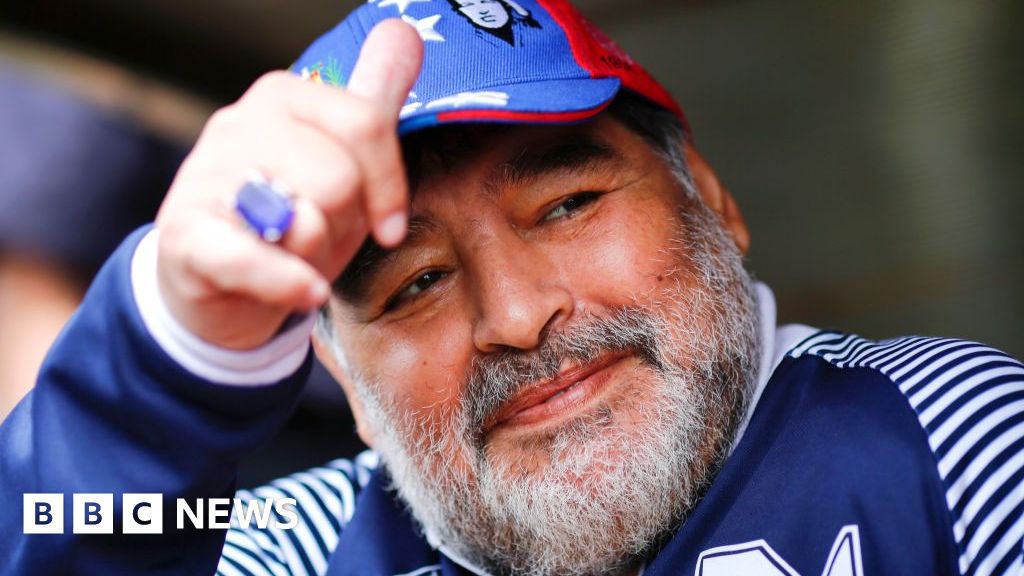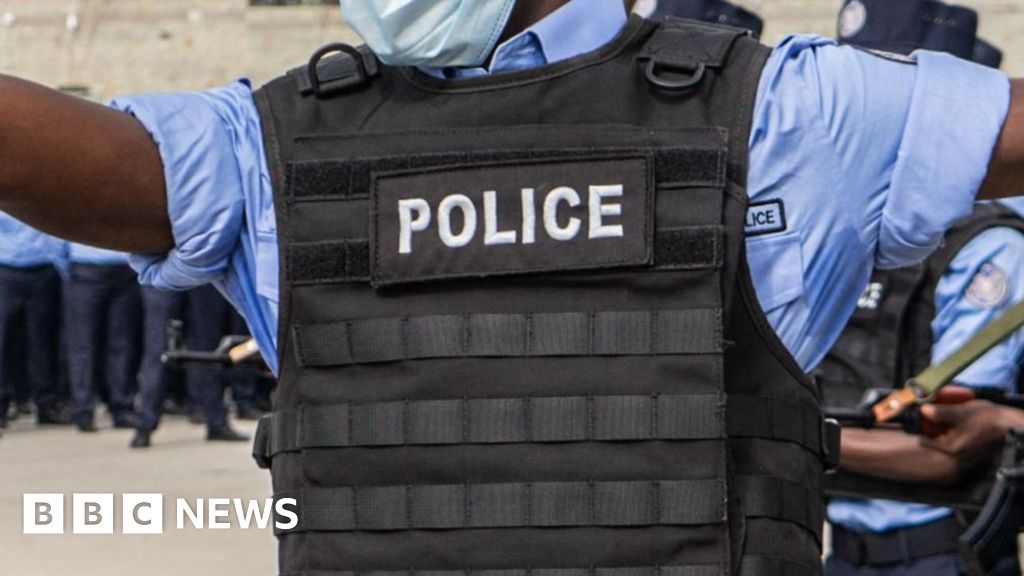‘Critical year’ begins in country’s return to constitutional order — Global Issues
The envoy was addressing ambassadors at what he called a “unique juncture” in the efforts to promote lasting peace and security in the West African country.
“Mali is ushering in a critical year in terms of returning to constitutional order,” he said, with several votes scheduled starting in March.
Work in progress
Mr. Wane heads the UN mission in Mali, known by the French acronym MINUSMA, established nearly a decade ago following insecurity in the north and a military coup.
While much has been accomplished in that time, “the objectives that were set by the Council are yet to be fully achieved, and the context has witnessed significant changes,” he said.
“As the Council considers the recommendation of the Secretary-General, it is worth keeping in mind that stabilizing Mali is critical not only for the country itself but also for the entire region,” he added, referring to an internal review of MINUSMA, launched last year.
‘Complex’ security situation
Mr. Wane last briefed the Council in October, reporting on progress in restoring civilian rule in Mali in the wake of the August 2020 military coup, ongoing insecurity and rising humanitarian needs.
Since then, the security situation remains “complex”, particularly in the centre of the country and in the tri-border region with Burkina Faso and Niger.
Due to the activities of extremist groups, internal displacement remains high. In December, the figure amounted to some 412,000 people.
Overall, 8.8 million people require humanitarian assistance, a 17 per cent increase since the beginning of 2022. Two million children under five remain affected by acute malnutrition.
UN Photo/Loey Felipe
El-Ghassim Wane, Special Representative of the Secretary-General and Head of the UN Multidimensional Integrated Stabilization Mission in Mali (MINUSMA), briefs the Security Council meeting on the situation in Mali.
Humanitarian operations affected
“The armed forces have stepped up their efforts that in certain regions have allowed a reduction in the number of security incidents. However, extremist groups retain the capacity to undertake complex, coordinated operations,” said Mr. Wane.
Meanwhile, humanitarian personnel have also come under fire. Last year, some 124 incidents were recorded against them, and five aid workers were killed in the Kayes, Ménaka and Ségou regions.
The need for additional support to humanitarian operations also remains high, as a $686 million response plan is less than 40 per cent funded.
Mandated to protect
“In the last quarter, MINUSMA has continued to make a sustained effort to protect civilians. It’s done so despite the difficult environment in which it operates and the gaps in capacity, which are significant,” said Mr. Wane.
Looking ahead, he said MINUSMA has the capacity to more effectively contribute to improving security.
This will depend on several factors, including getting the tools they need to better protect themselves, timely replacement of troops serving at the mission, and increased coordination with the Malian defense and security forces.
The UN envoy also highlighted the “absolute pivotal need” to respect freedom of movement, in line with the Status of Forces Agreement.
Constitutional referendum ahead
Addressing the transition and peace process, he noted that in less than two months, Mali will hold a constitutional referendum that will mark the first of a series of polls towards the planned restoration of constitutional order in March 2024.
The authorities continue to demonstrate commitment to hold the polls on time, as evidenced by developments such as the establishment of a new independent electoral management body and a preliminary draft constitution.
Yet, several challenges remain, as the new electoral management body is required to set up local offices across the country, and the ongoing constitutional review process must be finalized.
Support inclusion efforts
Mali’s transitional authorities have convened a series of consultations with political parties and civil society to discuss various aspects of the preparation of the constitutional referendum and other elections.
“These initiatives must be encouraged and supported, for inclusion and consensus are crucial for the overall success of the Transition process,” said Mr. Wane.
Two other aspects are also critical, namely the availability of financial and logistical resources and “the evolution of the security situation”, he added, while underlining the importance of UN support.
2015 Peace Agreement
Mr. Wane also updated the Council on momentum surrounding the 2015 Peace Agreement, signed by the authorities and two armed group coalitions, in the wake of instability in the north several years prior.
Recent months have seen disagreements over the level of Government participation in the committee monitoring the deal, and the signatory movements have suspended their participation in the peace process.
MINUSMA, Algeria and other members of the international community have been promoting dialogue in the interim.
“I encourage the parties to spare no efforts to overcome the current difficulties and achieve decisive progress in the implementation of the peace agreement,” said Mr. Wane.
“The ongoing transition offers a unique opportunity to advance the agreement: an opportunity that cannot and should not be squandered.”
Check out our Latest News and Follow us at Facebook
Original Source







